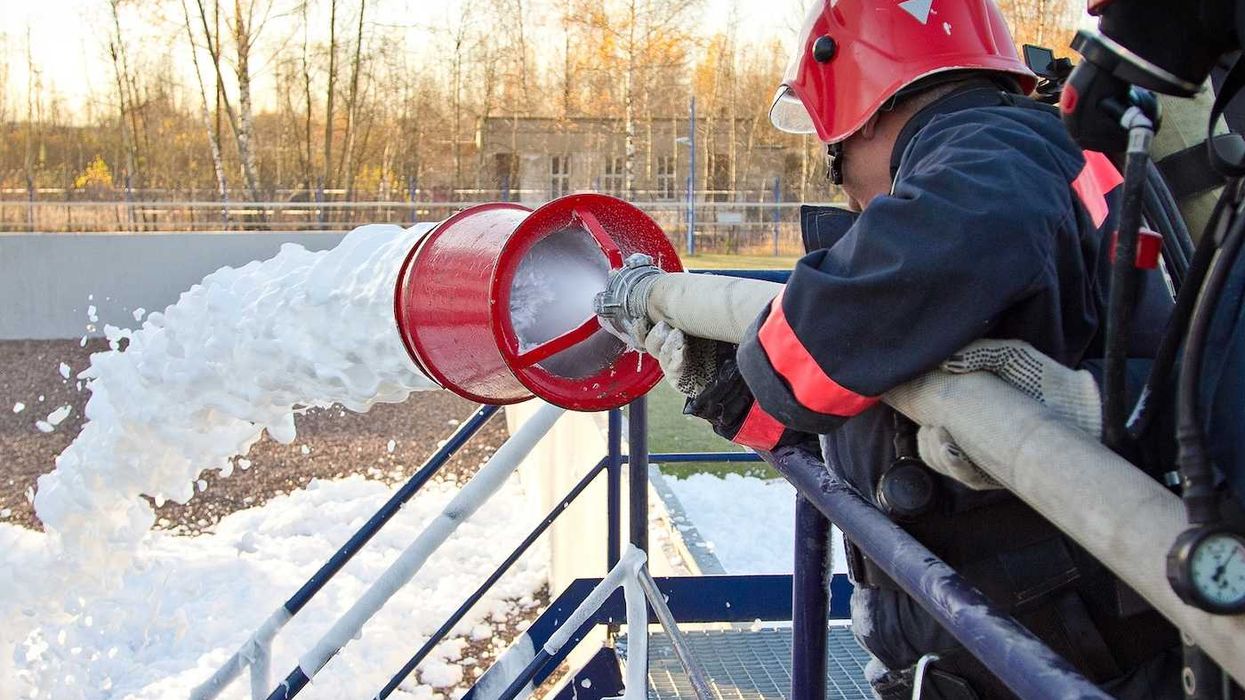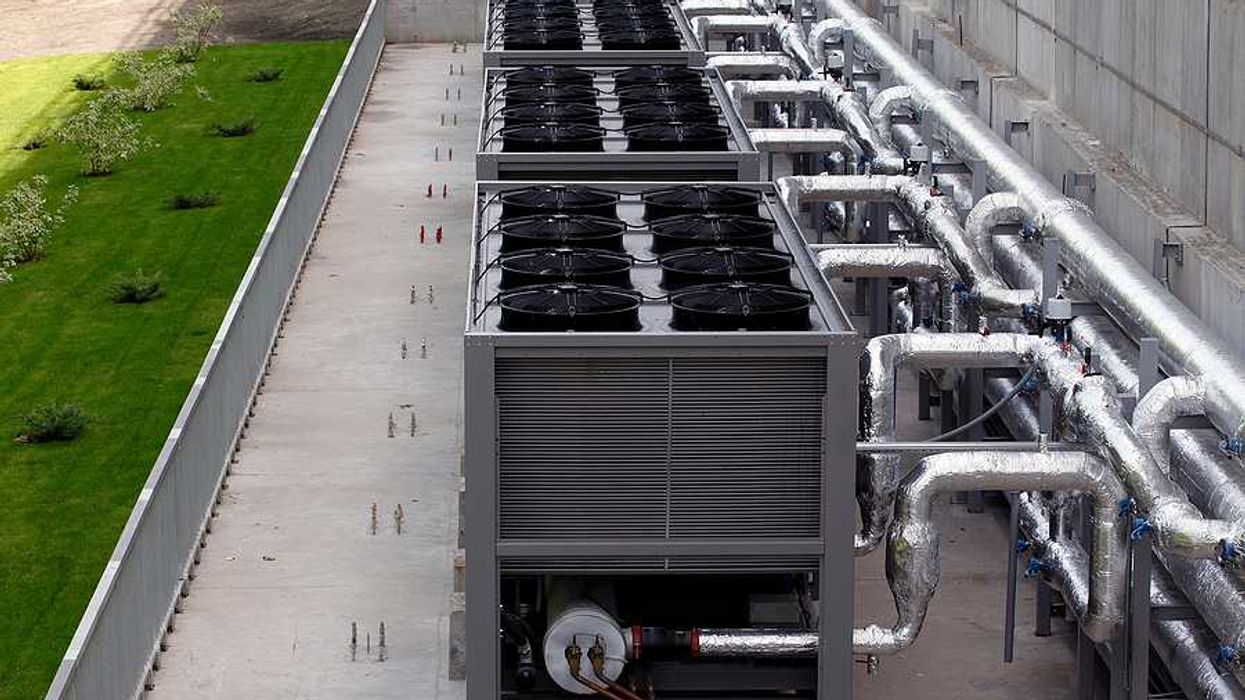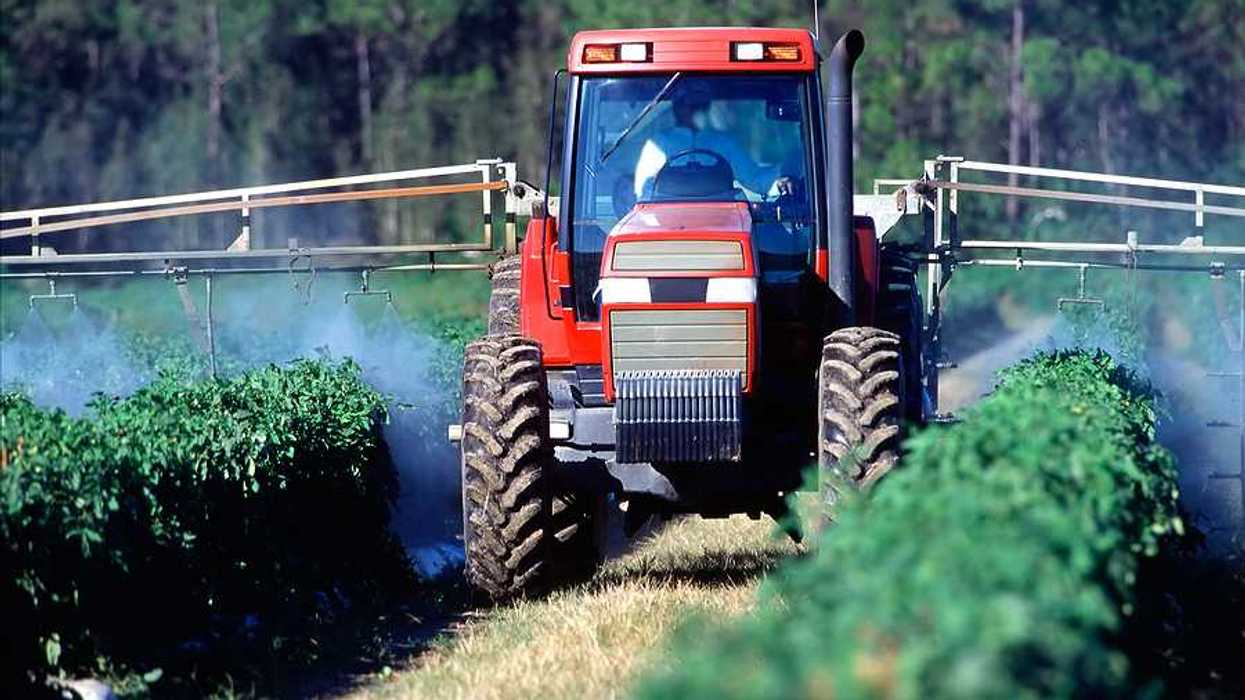Exposure to air pollution can cut the chances of a live birth after IVF by more than a third, new research shows.
Hannah Devlin reports for The Guardian.
In short:
- A study found that high levels of air pollution reduce the odds of a successful live birth after IVF by 38%.
- Pollutants affect egg quality even before conception, rather than just early pregnancy stages.
- Researchers emphasize that these findings highlight the serious impact of climate change on reproductive health.
Key quote:
“Pollution is harmful to almost all aspects of human health and it’s no surprise to me that reproductive health is also affected.”
— Dr. Sebastian Leathersich, fertility specialist and gynaecologist
Why this matters:
Air pollution poses a significant risk to fertility, affecting egg quality and overall reproductive success. This study indicates that even relatively low levels of air pollution can have significant impacts on reproductive outcomes, underlining the pervasive reach of environmental toxins. These pollutants, often originating from traffic emissions, industrial processes, and other urban activities, penetrate deep into the body, potentially disrupting hormonal balances and impairing fertility.














